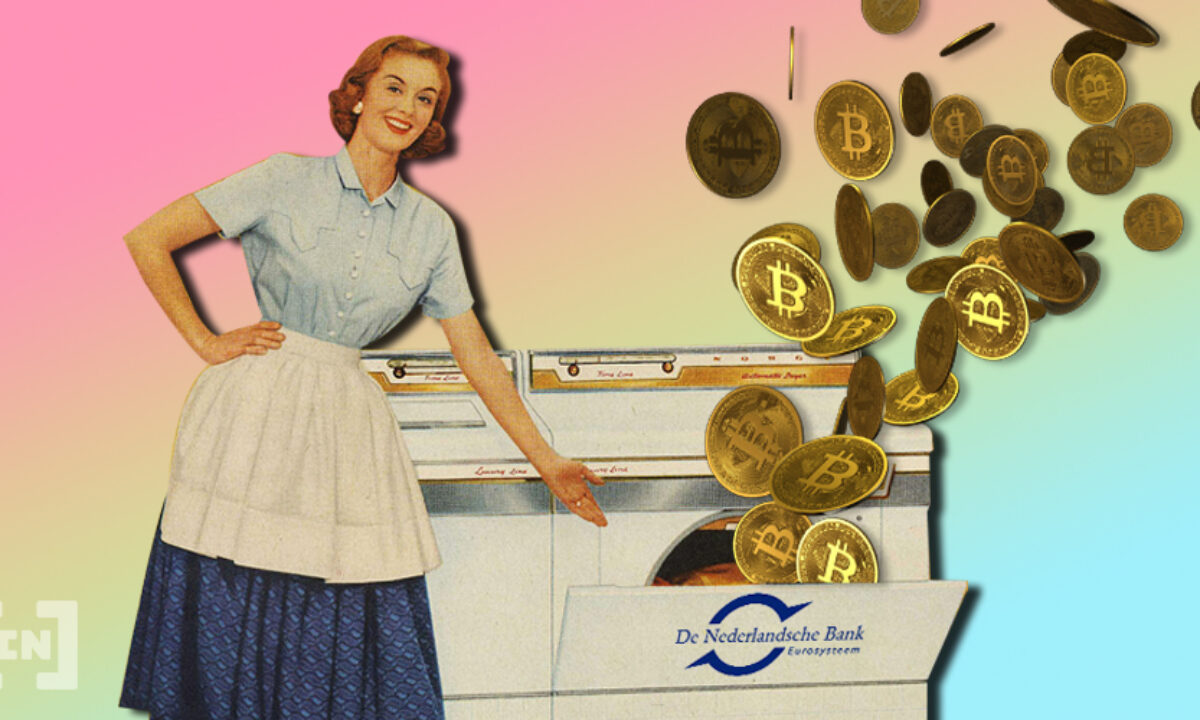Nederlandsche bank bitcoin
Contents:
Lees meer over de cookies die wij gebruiken en de gegevens die we daarmee verzamelen in onze cookie-policy.
- Get the Latest from CoinDesk.
- Dutch Central Bank to Supervise Crypto Companies?
- qc usdt btc?
- charlie shrem banking on bitcoin!
- bitcoin investment yahoo answers;
- De Nederlandsche Bank Archives - CoinDesk.
- Latest articles!
Verouderde browser U gebruikt een verouderde browser. De Nederlandsche Bank - Home. Publieksvoorlichting Bel gratis op werkdagen van 9.
Bitonic opgenomen in het DNB-register: onze visie - Bitonic
Social media Kom met ons in contact via social media. LinkedIn Twitter. Ik kan een pagina van de oude website nergens terugvinden. Wat moet ik nu doen?
De Nederlandsche Bank slaat goud in om zich voor te bereiden op instortend economisch systeem
Waar vind ik berichten van of ouder? Waar kan ik terecht voor een vraag of opmerking over de nieuwe website? Register van aanbieders van cryptodiensten.
- bitcoin value in usd chart.
- Still a permit?;
- On this page.
- Official registration at the Dutch central bank (DNB) completed! | Anycoin Direct.
- Dutch Central Bank says blockchain not ready?
- Outdated browser.
- Survey: U.K. Crypto Companies Must Bank Abroad!
Wat doet een aanbieder van cryptodiensten? Wat vindt u in het register? Hoe zoekt u in het register?
Official registration at the Dutch central bank (DNB) completed!
Aanbieder van diensten voor het wisselen tussen virtuele valuta en fiduciaire valuta Artikel 23b. Aanbieder van een bewaarportemonnee.
A new DNB study concludes that cash still plays an essential role in society. And their blockchain experiments did not. Video: Top fintech stories this week — 18 March We zullen onze bezwaren over de eisen en de manier waarop dit is afgedwongen zeker nog bij een rechter laten toetsen, opdat een onafhankelijke macht zich hierover kan uitspreken. Accept cookies to view the content.
Cookie-instellingen DNB maakt gebruik van cookies Om de gebruiksvriendelijkheid van onze website te optimaliseren, maken wij gebruik van cookies. Yet that is what happened in the Rotterdam court in summary proceedings on Tuesday. The case was brought by the Amsterdam bitcoin company Bitonic.
This autumn, it received the required registration from DNB as a bitcoin exchanger and bitcoin depository for Dutch customers. Bitonic only strongly disagrees with how this registration came about. Bitonic, like other financial companies, must comply with the rules on the prevention of money laundering and terrorist financing and with rules arising from the Sanctions Act. The latter means that the company must know its customers well in order to prevent a criminal, terrorist or person on an international sanctions list from using its services.
For the same reason, the company must monitor the transactions of its customers.
Forced to sell cryptocurrencies
Bitonic stressed several times in court that it does not question whether these legal requirements must be met. The company only asks whether it should be done as DNB seems to require: every time a customer makes a Bitcoin transaction to his or her wallet in which you store cryptocurrency , a screenshot of that transaction should be taken to verify that wallet is really in his possession.
With that, a bitcoin company should go further than a bank or non-life insurer. According to Bitonic, the requirement also violates privacy legislation. The bottom procedure is still in the start-up phase.
- what is the value of 1 bitcoin in indian rupees.
- Crypto outfit Amdax gets Dutch central bank registration?
- What This Means for Crypto Companies.
- btc.edu jobs!
- btc confirmations needed;
- Bitcoin company tries to get ‘extra’ DNB requirement off the table through court.
- 0.18 dollar to bitcoin.
Bitonic also believes that the regulator has set too stringent requirements in advance for the registration. This would in fact constitute a license.

Earlier, the Dutch government should have decided against a licensing system from the Council of State, because it is contrary to European rules that only allow registration for bitcoin companies. The purpose of registration alone was to get as many bitcoin companies as possible on the radar of the regulators.